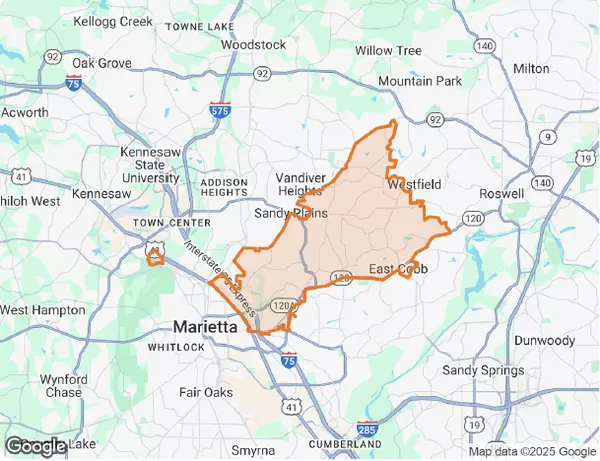
Atlanta's Hottest Suburbs for 2025
The Metro Atlanta real estate market continues to be one of the most dynamic housing markets in the Southeast, and as we move through 2025, certain suburbs are emerging as clear favorites among homebuyers. Whether you're relocating from out of state, upgrading within the metro area, or making your f

Experts Forecast Steady Home Price Growth in Atlanta Through 2029
In the ever-evolving landscape of the U.S. housing market, recent projections from leading experts paint a picture of sustained, albeit moderated, growth. According to Fannie Mae's Home Price Expectations Survey (HPES), which polls over 100 housing economists and market strategists, national home

Mid-October Magic: Why This Week is Prime Time to Snag an Atlanta Home Deal
Mid-October Magic: Why This Week is Prime Time to Snag an Atlanta Home Deal As the leaves turn in Metro Atlanta and the air crisps up, savvy home hunters know there's a subtle shift in the real estate winds. It's October 6, 2025, and if you're eyeing a new pad in Buckhead, a cozy starter in Decatu
Categories
Recent Posts










